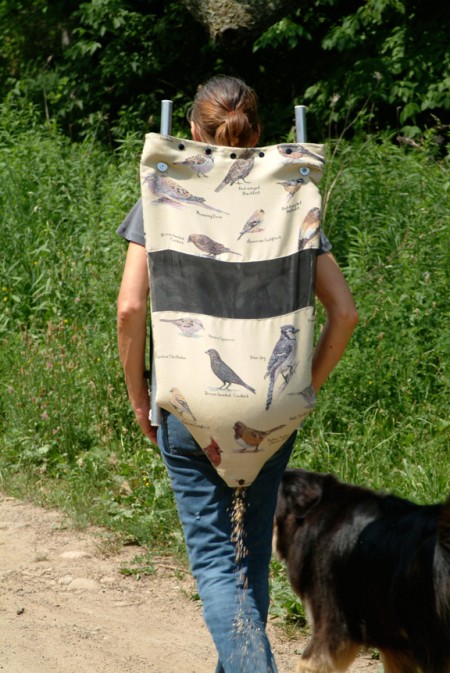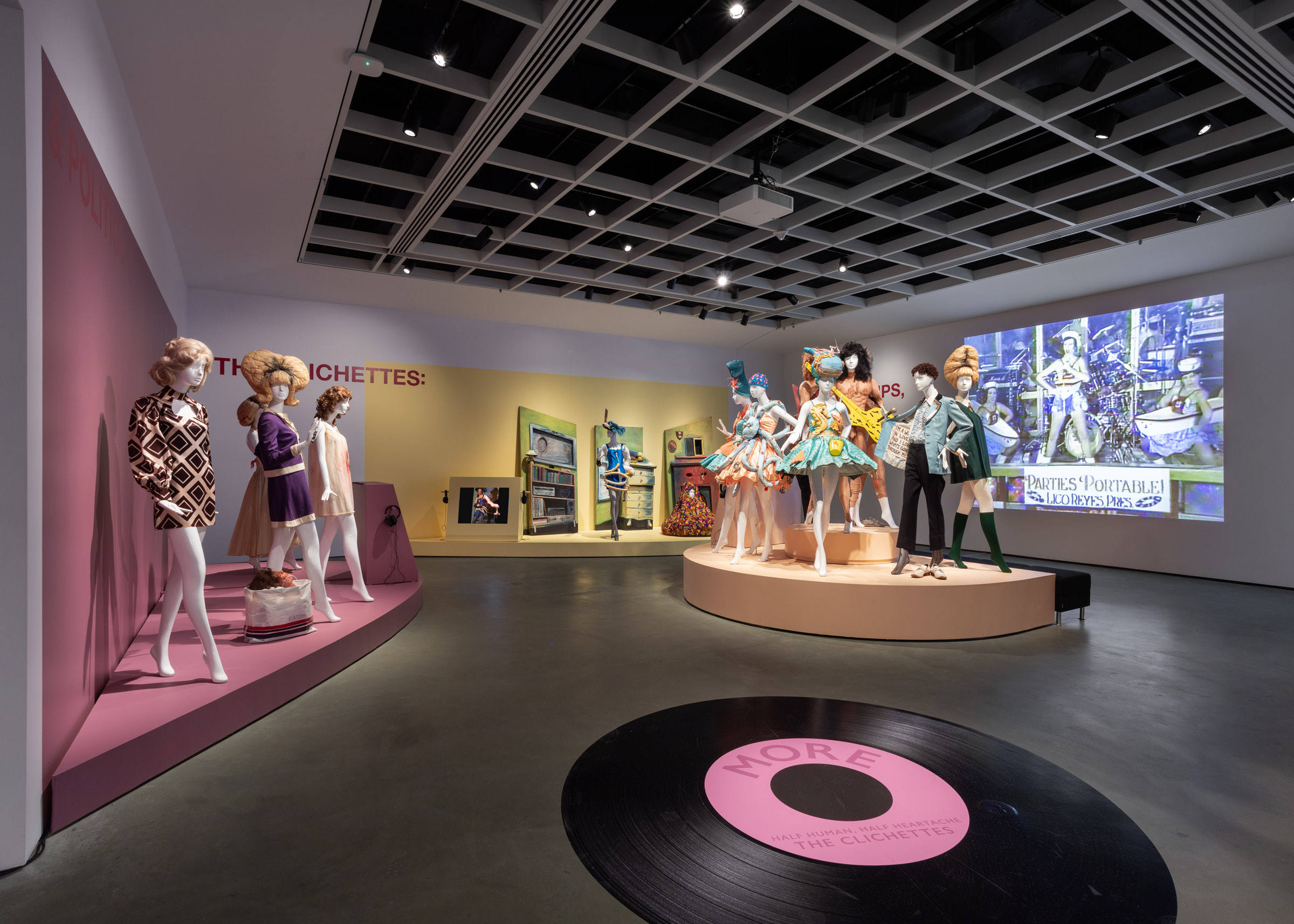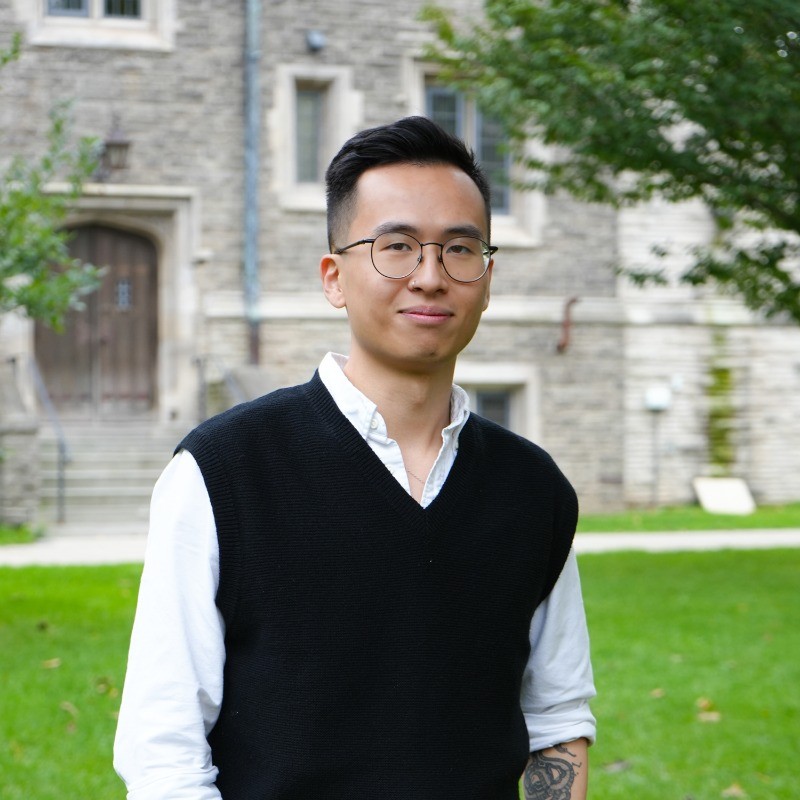Art of Awareness – Susan Detwiler
February 19, 2015

Currently on display is a long-term installation of Canadian artist Susan Detwiler’s 2005 performance object Seed Pack. The work was previously shown at the McMaster Museum of Art in 2008 as part of Detwiler’s solo exhibition Feral.
In the exhibition catalogue, Detwiler writes about her intimate relationship with nature, and the importance of her daily, early morning walks where she “catches rush hour in the bush”.
Her acculturation to the wild is emphasized in her writing, “I make a mental note to switch to wide-angle vision, moving from Beta into Alpha, merging with my surroundings.” Beta and Alpha here refer to brain waves; Alpha waves are connected with a relaxed mental state and Beta is associated with normal wakeful consciousness. (http://www.finerminds.com/mind-power/brain-waves/) Alpha waves affect cognition by acting as a filter to help us sort out irrelevant sensory input to our brains.
We use these rhythms every day.
“Imagine the simple task of backing a car out of the driveway. In order to reach the street safely, you must hold your destination in mind while steering and ignoring distractions from every modality: news on the radio, children playing at the end of the block, an itch on your foot, the glare of the sun in your eyes. Most people filter out these distractions subconsciously — but should irrelevant stimuli distract you, backing out can become a difficult ordeal.” (http://blog.lumosity.com/meditation2)
When Detwiler refers to “moving from Beta into Alpha”, she’s mindfully moving into a cognitive state where she is more relaxed and meditative upon her walking. And the act of walking itself supports these types of brain waves, as moving into Alpha can be achieved through performing tasks you enjoy and/or make you feel peaceful.
Susie Major: What exactly is the natural world that you see yourself wanting to participate in?
Susan Detwiler: I think it has partially something to do with wanting to cultivate or re-cultivate certain ways of being, or ways of observing things, that I think we may have lost by stepping outside of the wild.
Interview excerpt from Susan Detwiler: Hindsight (Esplanade Art Gallery, Medicine Hat, and the Thames Art Gallery, Chatham) 2003.
– Teresa Gregorio, McMaster Museum of Art


McMaster Museum of Art wins Exhibition of the Year for The Clichettes: Lips, Wigs and Politics
December 2, 2025
On Monday, December 1, 2025, Galeries Ontario / Ontario Galleries (GOG) announced the winners of the 48th Annual GOG Awards and the McMaster Museum of Art (M(M)A) took away the top award for the Exhibition of the Year (Budget Over $50K) for the Fall 2024 exhibition The Clichettes: Lips, Wigs and Politics produced in partnership […]

The Creative Process: Well-being through art with the McMaster Museum of Art
August 22, 2025

McMaster Museum of Art Welcomes New Communications Officer Jeff Jung Sing Chow
July 11, 2025





